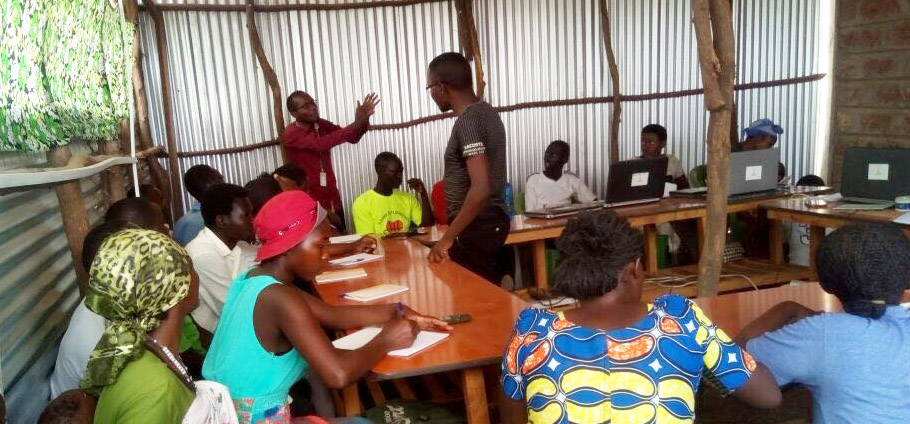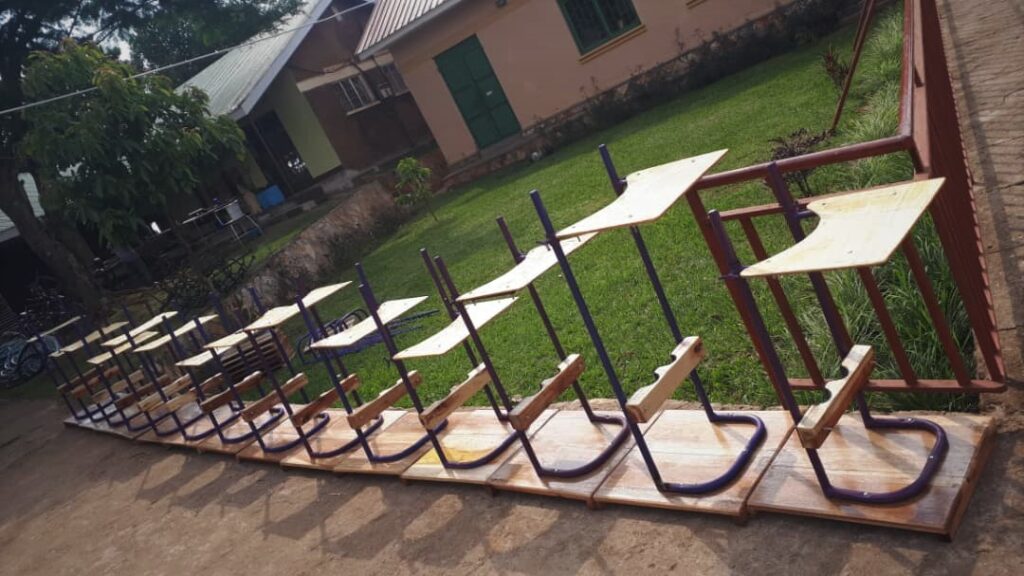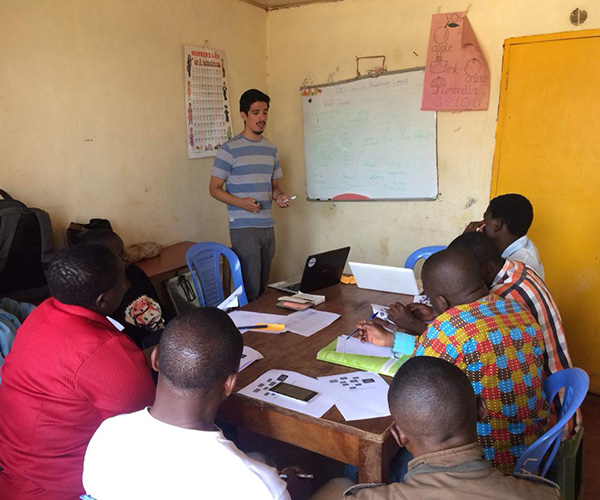The current global COVID-19 pandemic has impacted just about every single aspect of global society. Countries across the world are on lockdown, we have entered a global recession, and people in many parts of the world are hoarding toilet paper. There are few groups, however, that could be impacted as harshly by this crisis as refugees. Even when there is not a global pandemic, refugees often struggle to obtain the most basic provisions for food, sanitation and medical care, along with a multitude of other things many take for granted. An article from Al Jazeera, on the 29th of March this year, described the effects of a potential outbreak in refugee camps as “scary, distressing and catastrophic”. All over Africa, and indeed the world, years of war, famine and political unrest have left many displaced communities without the necessary infrastructure and protection to respond to this virus.
Less vulnerable communities, many in Europe for example, have the luxury of being able to practice social-distancing and isolation in order to limit the spread of the disease. This is a luxury that few states in Africa can afford, and the refugee community in particular are among the poorest, living in cramped conditions that do not permit the level of social distancing and isolation necessary to limit or halt the spread of this virus. There are an estimated 70 million refugees on Earth, and if the pandemic reaches these communities, which are spread all over Africa and the World, the effects would be severe. Clean water and soap are often at a premium, so when Covid-19, or indeed any other infectious disease, hits these communities the effects are massively compounded, and the full force of a potential outbreak will be felt. The virus has already spread all over the world, officially infecting over 1.2 million people and killing nearly 70,000 (06/04/2020). Over the last few weeks since coronavirus arrived in East Africa, Xavier Project has been adapting all of our work to support and mitigate the effects this disease could have on the communities we work with in locations across the region.
We have yet to see an outbreak of Coronavirus in a refugee community. There has, however, been a case reported in Adjumani refugee settlement (Uganda) and many communities in proximity to large refugee populations are experiencing numerous cases. An article from Al Jazeera, from the 31/03/2020, states “It is only a matter of time before COVID-19 gains a foothold in a refugee camp, crowded reception centre or detention facility holding migrant families. Or maybe it has already. Given how quickly the virus is spreading, such a scenario is probably unfolding even now, and this is deeply concerning”. Given the fact that a large proportion of cases for this disease are asymptomatic, and that it is highly transmissible this mitigation and response requires all of us to come together in an act of global solidarity to protect each other, particularly the most vulnerable. By acting on this collectively we can find hope and solutions to overcome these extraordinary times.
Our community based partners have already begun shifting their efforts towards preparation and mitigation. Tomorrow Vijana, an organisation based in Rwamwanja refugee settlement in Uganda, are doing community sensitisation on hand-washing, sharing updates on food distribution and even have their tailoring group making face masks to distribute to their community. Nairobi-based CBO, L’Afrikana, have released a song that is being played through their local radio station educating their community on how to protect each other and stop the spread of the virus. And our partners in Kakuma, Soldarity Initiative For Refugees and URISE, are working with us to distribute educational podcasts so their students can continue to learn. This refugee led response is educating and bringing hope to these communities at a critical time.
We are proud to be working in solidarity with these groups. They need ours and your support now more than ever. Please consider making a donation today.




